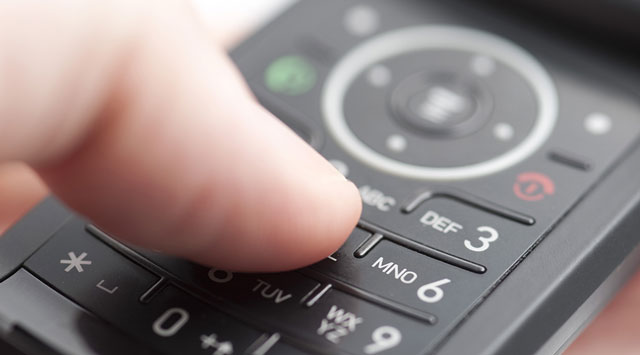
MTN customers with modern handsets should have noticed a marked improvement in the quality of their voice calls in recent weeks. That’s because the mobile operator has gone live with something called Adaptive Multi-Rate Wideband (AMR-WB) technology.
The technology, also known as HD voice, is a patented speech audio coding standard. AMR-WB was developed to improve the speech quality of calls made and to reduce background noise to deliver clearer audio.
MTN South Africa chief technology officer Eben Albertyn says that even when a caller is in a noisy environment, the person at the other end of the line will be able to hear them clearly.
AMR-WB makes use of audio frequencies between 50Hz to 7 000Hz, compared to the much narrower 300Hz to 3 400 Hz used by landline telephones.
The technology was developed by Nokia and VoiceAge, a Canadian voice and audio codec developer, to utilise the same amount of bandwidth as traditional audio codecs. It does so by squeezing more voice data into the packets being transmitted over the network.
The original voice codec for GSM networks in the early 1990s was full-rate voice. A few years later, enhanced full-rate was developed, which delivered a significantly better voice audio quality over cellular networks.
Around the same time, the half-rate codec was introduced, but it offered an inferior voice quality over GSM. It was used when demand on the network was high and at a time when network capacity was at a premium.
Watch HD voice in action (via YouTube):
The latest audio codec for cellular networks, introduced in 1998, is AMR, which continues to be developed. It offers a better quality audio call than enhanced full-rate and uses the same amount of bandwidth.
AMR encodes narrowband signals in the 200Hz to 3 400Hz range and also offers a half-rate version. AMR-WB is based on this technology, but offers broader speech bandwidth encoding. The only downside is the higher processing power required on handsets, but as mobile phone technology has improved, so has its ability to process AMR-WB. Many of today’s smartphones support it.
By the time of publication, Vodacom, MTN’s biggest rival in South Africa, had not responded to a query about which technologies it’s using. — © 2014 NewsCentral Media




